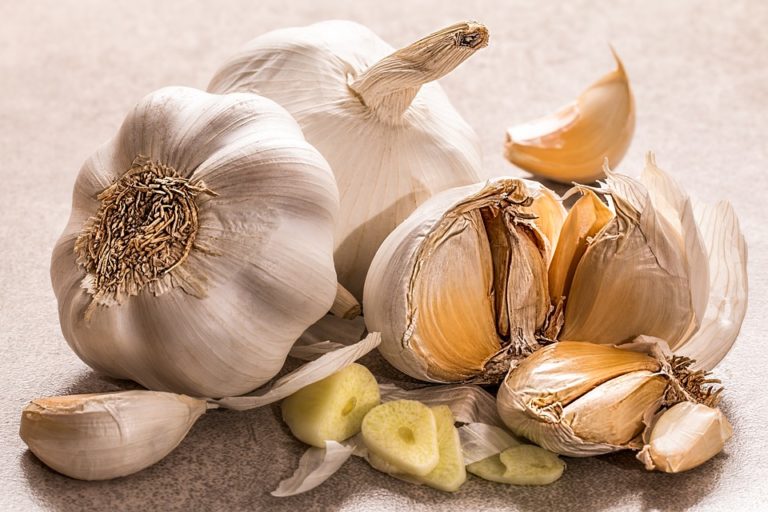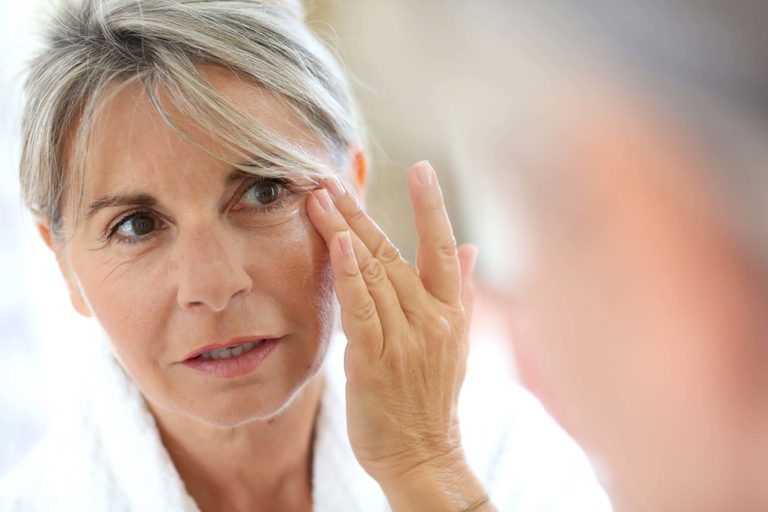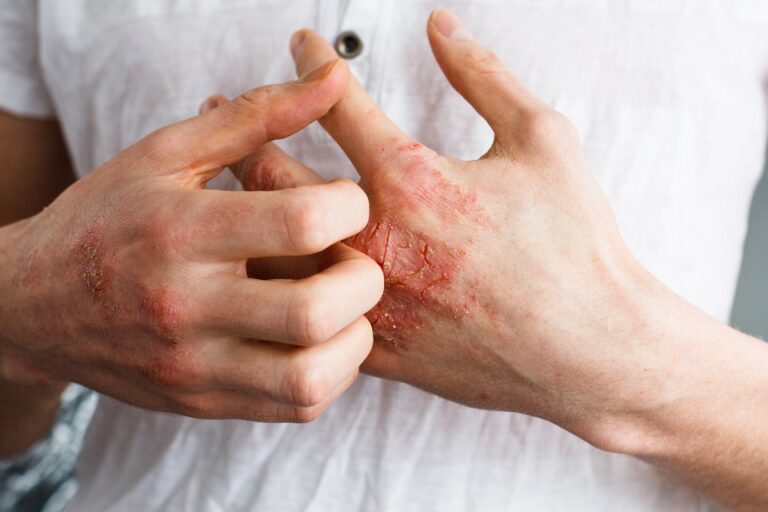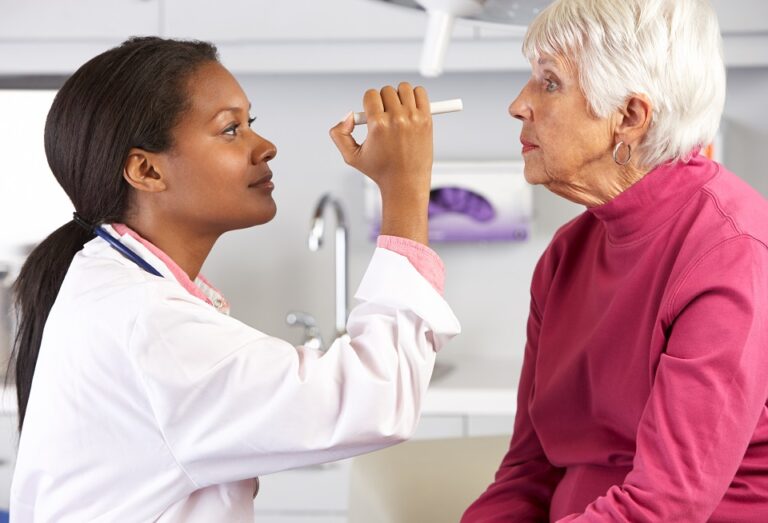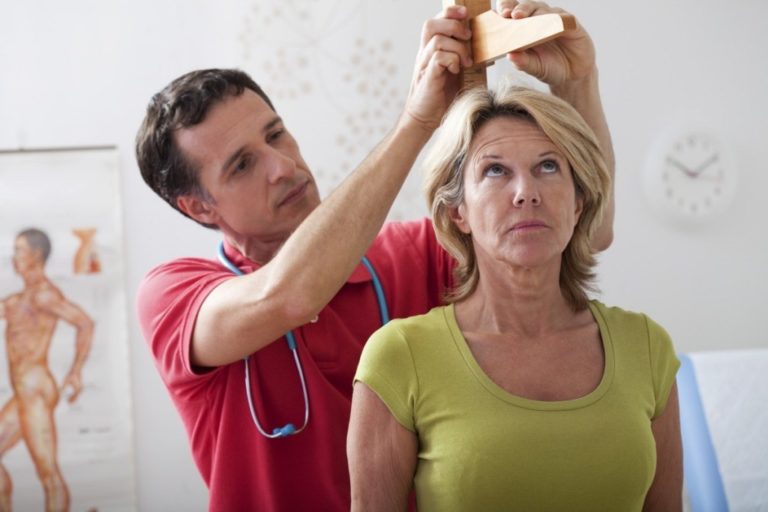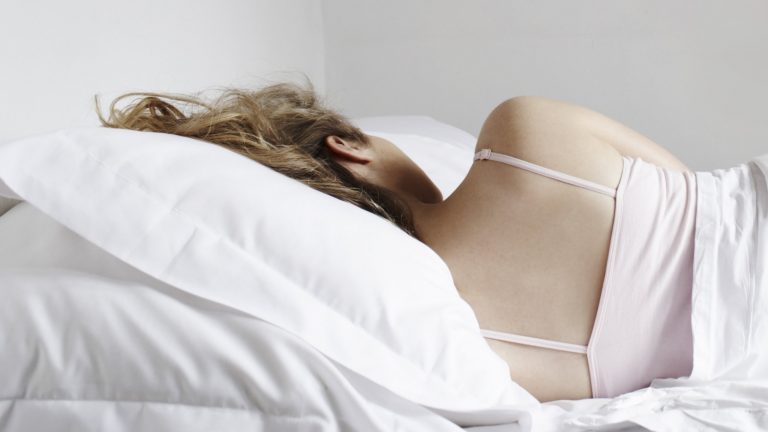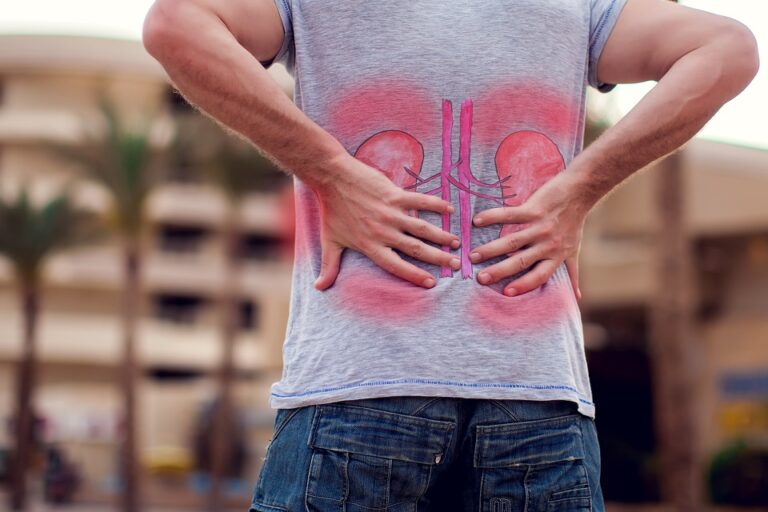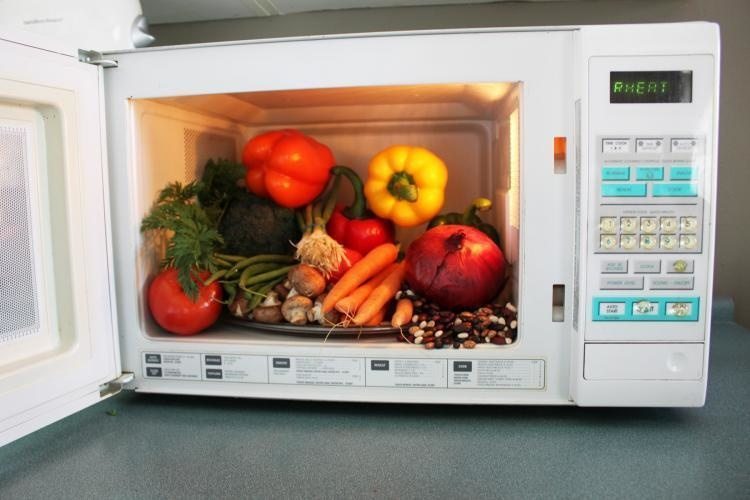Sometimes we are feeling down in the dump, but we must know when it’s more than just the blues. If you’re covered with an inexplicable sadness or hopelessness that keeps you from your daily routine, you should visit a doctor. “Almost all of the symptoms of depression on their own are experienced by everyone at one time or another,” explains Jennifer Payne, MD, director of the Women’s Mood Disorders Center at Johns Hopkins University in Baltimore. So, here are five signs that will prove you or not if you should visit a doctor for depression.

Eating more or less than usual
Your depression be associated with a loss of appetite. “If your brain is preoccupied with negative thoughts, you may forget to eat or lose interest in cooking or preparing meals,” says Yvonne Thomas, PhD, Los Angeles-based psychologist specializing in depression and self-esteem. On the other hand, depression can manifest as a hunger you can not stop. “The mix of emotions that tend to accompany depression—sadness, pessimism about the future, and low self-esteem—can compel you to try to soothe your feelings with food binges,” says Thomas.
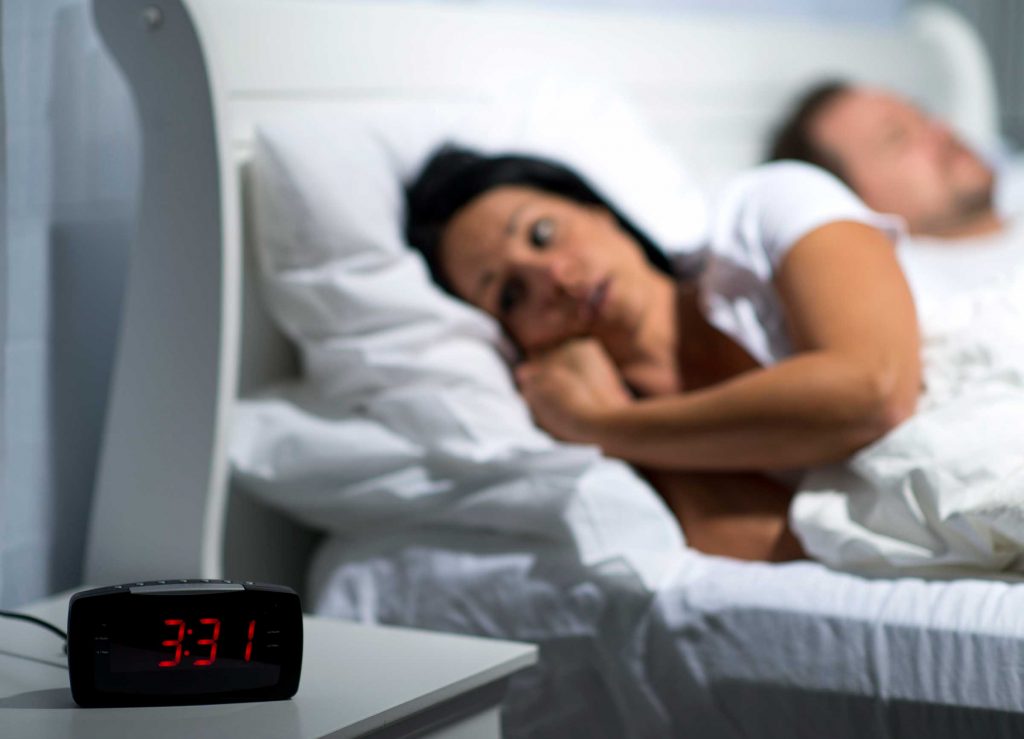
Sleeping too much or too little
Some people are sleeping too much due to their depression. “Sleeping more is also a way depressed people escape from their sadness; it becomes a refuge,” says Thomas. Others can experience an interrupted sleep or even insomnia, because of their restless thoughts and, as you may know, overthinking leads to negative thoughts.
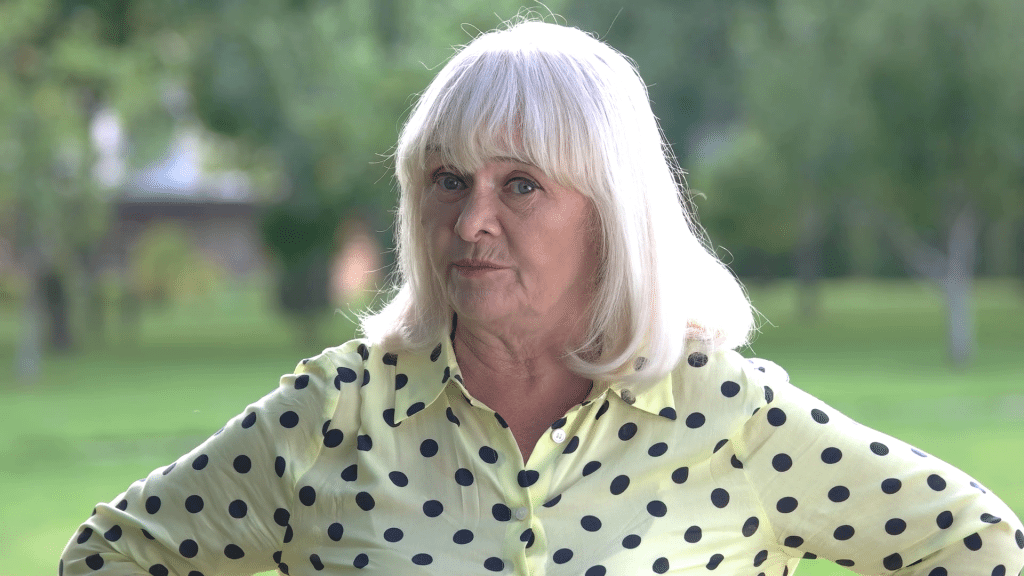
Small things agitate you
This sneaky sign is recognized as heightened irritability. You can feel grumpy and cranky and little things can annoy you faster. “When people are in physical pain, they often get angry and irritated easily, and it’s the same with psychological pain—you don’t feel good or like your usual self, and that saps your patience and puts you more on edge,” says Thomas.
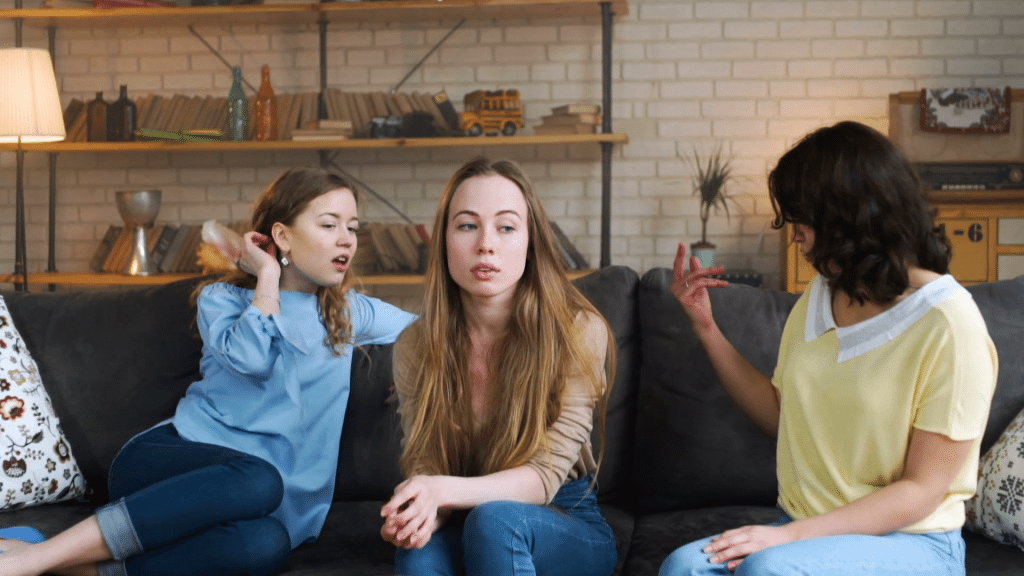
You don’t enjoy the things that once made you happy
When you’re depressed you can’t enjoy those things that once made you happy like going out with your coworkers or spending time with your loved ones. “A person who is simply blue might skip a few outings, then get back in the swing of things,” says Wolkin. “But depression makes you apathetic about activities and hobbies that once gave you joy, and that makes you isolate yourself.”
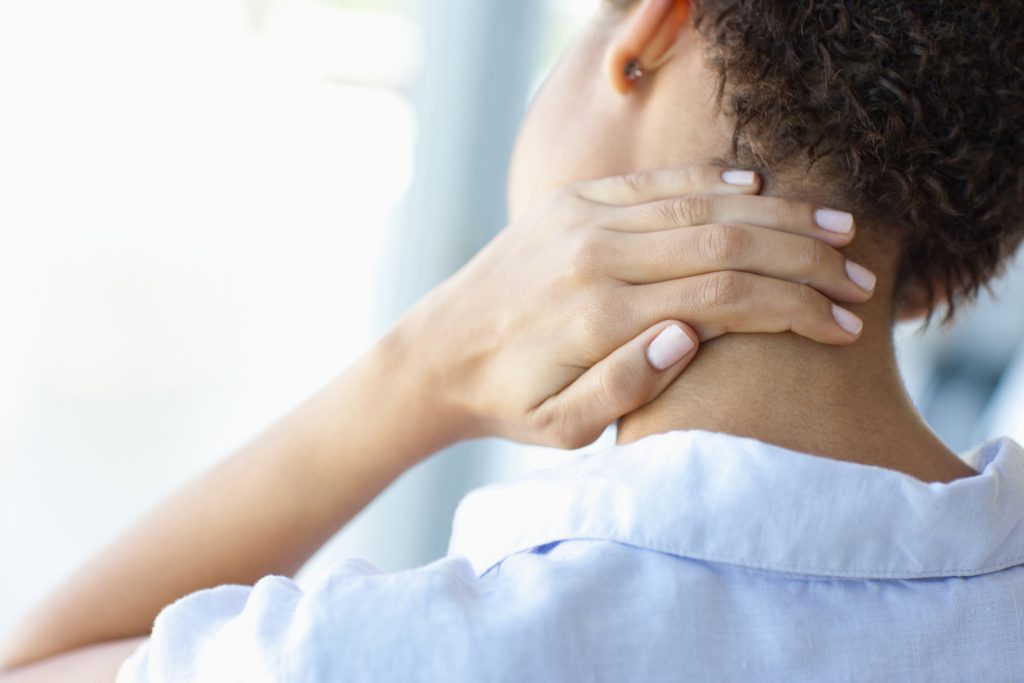
You’re dealing with unexplained aches and pains
“Emotional pain from depression that you aren’t getting help for can be channeled throughout your body and show up as physical ailments, like headaches, stomach problems, neck and back pain, even nausea,” says Thomas. “I see this with many of my patients; they’re holding so much sadness and distress inside, these feelings end up playing out in other ways.” Of course, not every twinge or cramp is a sign of depression.



